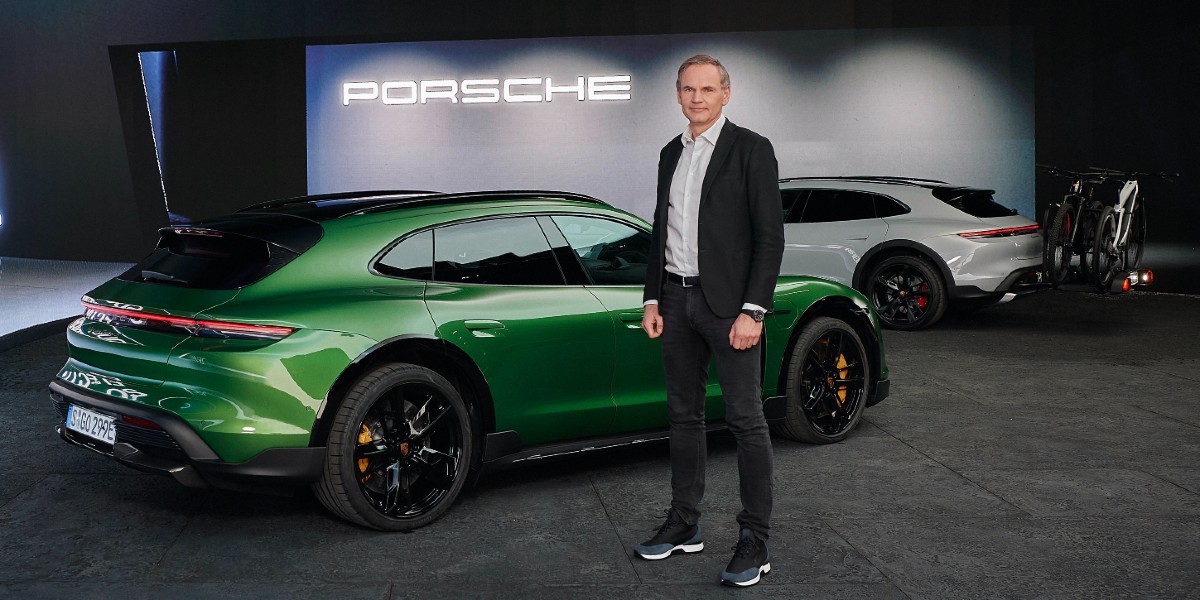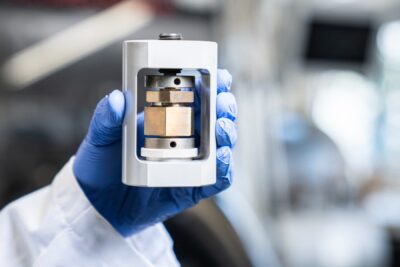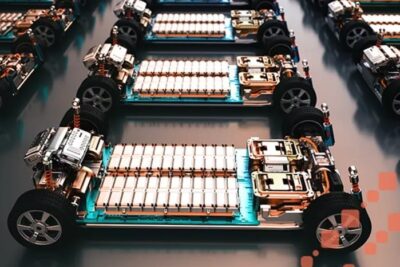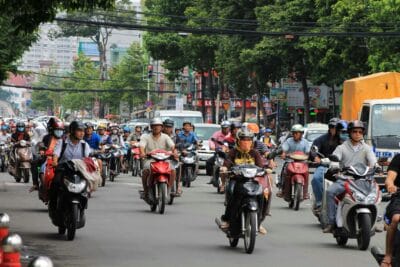Porsche demands sustainable battery cell production
Porsche wants to become CO2-neutral in balance sheet terms across the entire value chain by 2030, which also has implications for battery suppliers. For the planned CO2 neutrality, the sports car manufacturer wants to “not compensate, but avoid”.
++ This article has been updated. Kindly continue reading below. ++
“Anyone who develops battery cells for us must manufacture them exclusively with sustainable energy,” Porsche CEO Oliver Blume announces. “Batteries are still produced in a very energy-intensive way. By obliging our suppliers to use sustainable energy, the carbon footprint will improve significantly.”
As Blume stated in the run-up to the annual press conference scheduled for Friday, the battery itself will be “more than 90 per cent recycled in ten years, at the latest”. At the same time, he said, batteries would “in future be made of less polluting substances such as cobalt”.
Blume wants to achieve the goal of being CO2-neutral by 2030 not only through certificates and compensation projects. “We don’t want to compensate, but to avoid. We don’t want to buy CO2 certificates from other companies, but we don’t want to cause any emissions ourselves. Where energy cannot be saved, we use electricity from renewable sources,” said the Porsche CEO. By 2021, he said, the two vehicle plants in Zuffenhausen and Leipzig would be completely CO2-neutral. “In the next step, we will also demand this from our suppliers.”
In Zuffenhausen and Leipzig, production will be based on renewable energies and the use of biogas. Over the next ten years, Porsche says it will invest more than one billion euros in wind turbines, solar energy and other climate protection measures. The model range is to become increasingly electric, but not purely electric. For model series such as the 911, Porsche is relying on synthetic fuels.
In order to make the electric models more attractive, Porsche has also announced in the course of Volkswagen’s ‘Power Day’ that it will build its own fast-charging stations along important trunk roads in Europe to complement the Ionity network – with six to twelve covered 350 kW charging points and a lounge to stay in during the charging process. According to the manufacturer, these will “offer Porsche customers a high-quality, brand-appropriate charging experience”.
At the ‘Power Day’, Blume also announced that Porsche is researching high-performance batteries with silicon instead of graphite anodes in order to achieve an even higher energy density and better fast-charging capability. New electrolytes and additives should make it possible to operate the battery at temperatures above 75 degrees – important for fast charging, but also in applications such as motorsport, where the cells will also be used. However, volume and power cells should also benefit from the “technology experience” in small series and motorsports, Porsche said. The manufacturer also announced that it is working on establishing “a completely European production chain for high-performance batteries”.
Update 02 July 2021: As Porsche CEO Oliver Blume had already announced in March, the sports car manufacturer is extending its sustainability requirements from battery cell suppliers to all suppliers. From July onwards, the sports car manufacturer will require its approximately 1,300 series suppliers to exclusively use renewable energies for the production of Porsche components. This applies to all awards of production material for new vehicle projects. Suppliers who are not prepared to switch to certified green power will no longer be considered in Porsche’s award process in the long term.
“Our battery cell suppliers have already had to use green energy since 2020. And now we are taking the next important step: we stipulate that our series suppliers also use only renewable energy to produce our components, to help reduce CO2-emissions even further. We recognise that we have a responsibility to ensure that supply chains are transparent and sustainable,” said Uwe-Karsten Städter, Member of the Executive Board for Procurement at Porsche AG.
With reporting by Sebastian Schaal, Germany.
porsche.com, porsche.com (update)





1 Comment